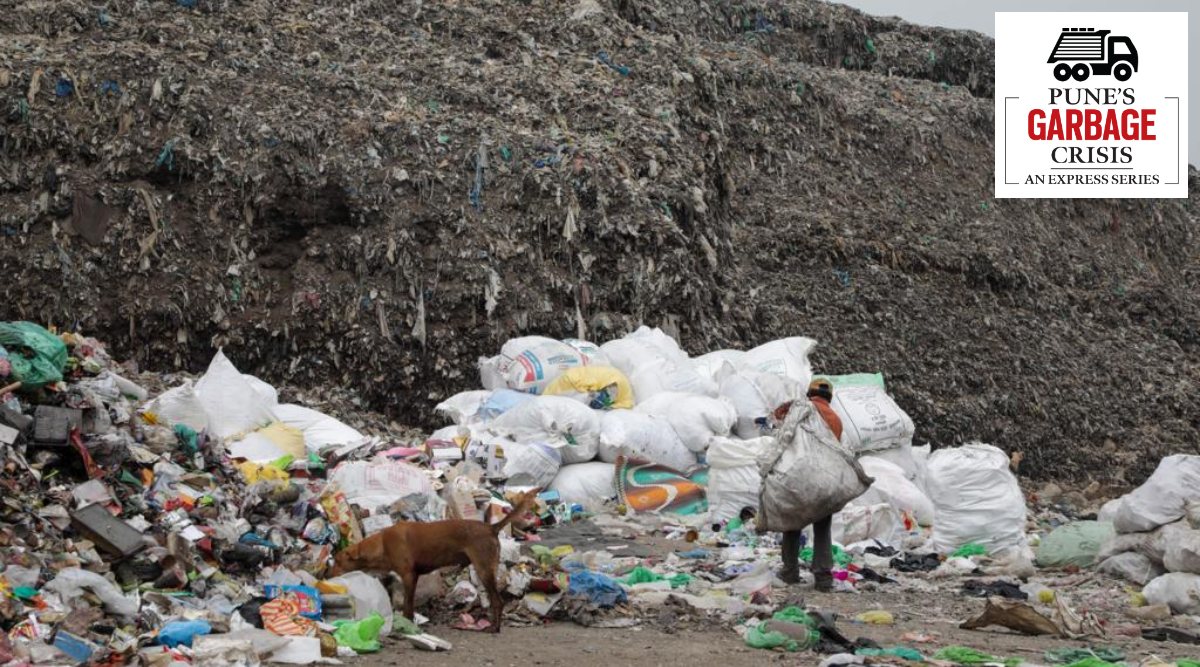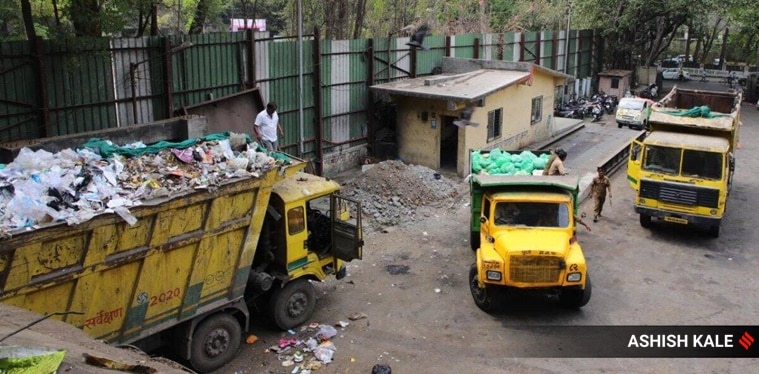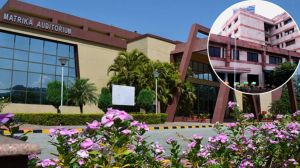Ajay Jadhav is an Assistant Editor at The Indian Express, Pune. With over 22 years of experience in the industry, he is a highly specialized journalist whose work focuses on the intersection of urban infrastructure, governance, and sustainability. Professional Background Role: As Assistant Editor, he plays a key role in the editorial direction of the Pune bureau, specializing in urban policy and its direct impact on citizens. Education: He holds a Master’s degree in Communication and Journalism from Savitribai Phule Pune University and a PG Diploma in Corporate Social Responsibility (CSR). He also studied at the prestigious Fergusson College. Impactful Reporting: He is credited with research-based articles on conservancy staff (waste workers) that influenced national policy for better working conditions. He is also known for exposing the contrast between high-end infrastructure (like helipads for leaders) and the lack of basic amenities like schools in their home districts. Personal Interests: An avid trekker and sports enthusiast, his personal interest in the outdoors often informs his reporting on environmental protection and sustainable development. Recent Notable Articles (December 2025) His reporting in late 2025 has been dominated by the upcoming January 2026 Civic Polls in Pune and Pimpri-Chinchwad, and the city's infrastructure boom: 1. Political Analysis (Civic Elections 2026) "Not friendly but a bitter fight lies ahead between BJP and NCP for PMC, PCMC" (Dec 22, 2025): A detailed look at the intense rivalry between the Mahayuti partners as they prepare for the January 15 municipal elections. "Pune civic polls: Big blow to NCP, NCP(SP) as leaders switch to BJP" (Dec 20, 2025): Reporting on high-profile poaching and party-hopping ahead of the elections. "Ajit Pawar's NCP continues domination in Pune, wins 10 of 17 local bodies" (Dec 21, 2025): Analyzing the results of the local self-government body elections as a precursor to the main civic polls. 2. Infrastructure & Urban Development "Looking Ahead at 2026: Pune to see inauguration of much-awaited Hinjewadi to Shivajinagar metro route" (Dec 22, 2025): An "outlook" piece on the critical Metro Line 3 project expected to finish by March 2026. "Building Pune: PMC to construct double-decker bridge over Mula-Mutha River" (Dec 18, 2025): Detailing a major project aimed at easing traffic between Hadapsar and Kharadi. "Condition of highway from Pune to Kolhapur to improve in a year: Gadkari" (Dec 4, 2025): Reporting on the Union Minister’s assurances regarding one of the state's most critical transport corridors. 3. Civic Governance & Environment "Install sensors, LED indicators at construction sites within 15 days: PMC to builders" (Dec 16, 2025): A follow-up to the "Breathless Pune" series, reporting on new mandates for builders to monitor air quality in real-time. "Errors in electoral rolls: PMC corrects data of 92,466 voters" (Dec 16, 2025): Tracking the administrative efforts to clean up the voter lists before the 2026 elections. Signature Style Ajay Jadhav is known for accountability journalism. His work often bridges the gap between high-level policy and the "ground zero" reality of Pune's residents. He is particularly focused on Sustainable Development, ensuring that as Pune grows into a "Bharat Mandapam" style destination (referring to his report on the Lohegaon project), its environmental and social safeguards remain intact. X (Twitter): @ajay_khape ... Read More
Click here to join Express Pune WhatsApp channel and get a curated list of our stories
- Tags:
- pune
- Pune Garbage Crisis




 Tree plantations over the garbage covered by soil at Uruli Devachi. (Express Photo: Arul Horizon)
Tree plantations over the garbage covered by soil at Uruli Devachi. (Express Photo: Arul Horizon) Garbage from Shivajinagar area is collected in small vans before being segregated and put into bigger vans to be sent to the Urli Devachi yard. (Express Photo: Ashish Kale)
Garbage from Shivajinagar area is collected in small vans before being segregated and put into bigger vans to be sent to the Urli Devachi yard. (Express Photo: Ashish Kale) Here, the garbage is transferred to trucks to be sent to the Urli Devachi yard. (Express Photo: Ashish Kale)
Here, the garbage is transferred to trucks to be sent to the Urli Devachi yard. (Express Photo: Ashish Kale) Garbage is processed at PMC’s RDF & Compost plant in Uruli Devachi. (Express Photo: Arul Horizon)
Garbage is processed at PMC’s RDF & Compost plant in Uruli Devachi. (Express Photo: Arul Horizon) At Uruli Devachi. (Express Photo: Arul Horizon)
At Uruli Devachi. (Express Photo: Arul Horizon)





